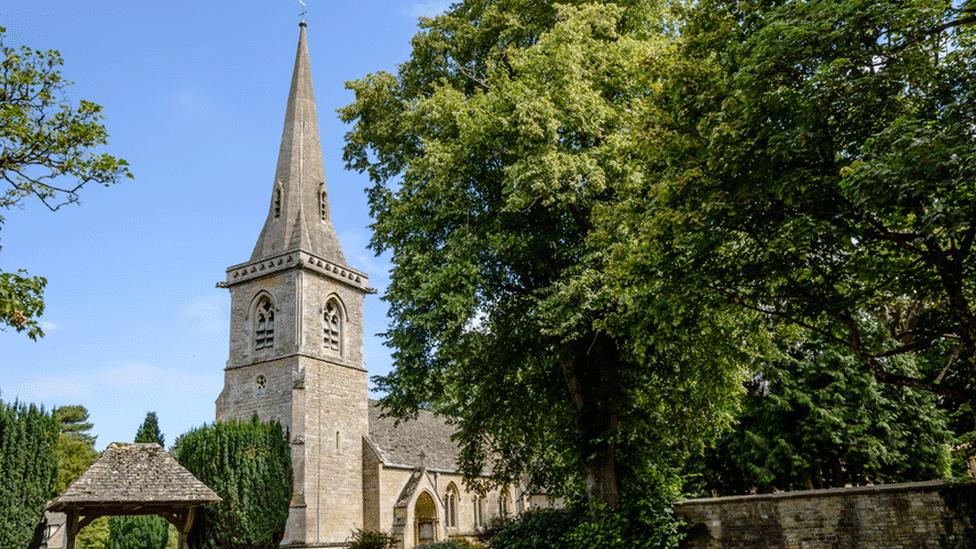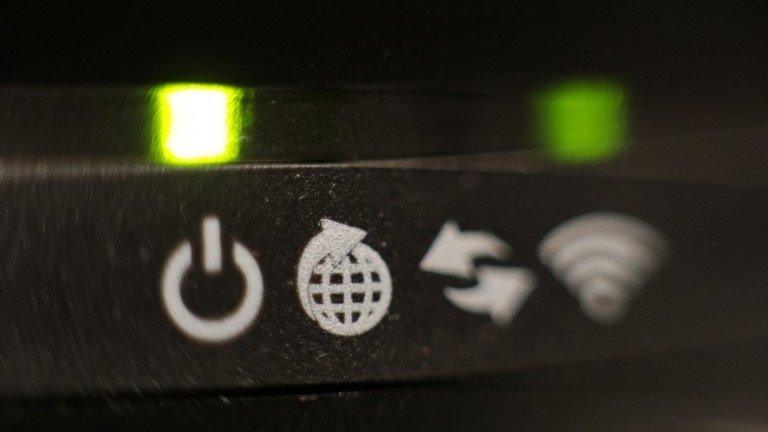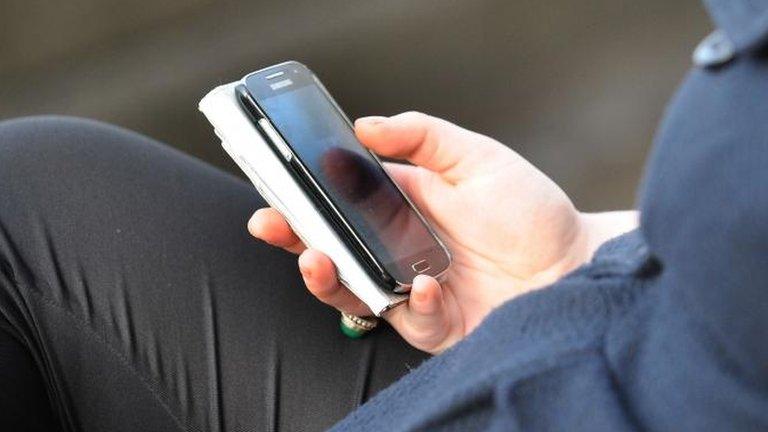Rent-a-church spire plan to boost mobile phone coverage
- Published

The Church of England has the third-largest rural estate in the country
Church spires could be used to boost mobile and broadband coverage in rural areas under an agreement between the UK government and the Church of England.
The government has committed to achieving good-quality mobile connectivity across the UK by 2022.
While the agreement encourages churches to sign up, they will still have to negotiate the usual planning process.
Digital analysts welcomed the development but said "the devil would be in the detail".
"Getting access to suitable sites, particularly in rural areas, has been a real challenge for mobile operators, so any initiative aimed at improving this will be welcomed by the industry," said Matthew Howett, principal analyst at research firm Assembly.
Local agreements
"What's not clear, though, is what the commercial relationship looks like. There have been many stories of rural land owners effectively holding operators to ransom for access to some sites, which has slowed down rollout and added considerably to the cost."
The government said commercial arrangements would be made locally between dioceses or parishes and mobile operators and broadband providers but gave no further details.
Two-thirds of Anglican churches are in rural areas and their location at the heart of their communities means they are well-placed to help deliver improved mobile connectivity, the Department for Digital, Culture, Media and Sport said.
Secretary of State Matt Hancock said: "Churches are central features and valued assets for local communities up and down the country.
"This agreement with the Church of England will mean that even a 15th Century building can help make Britain fit for the future, improving people's lives by boosting connectivity in some of our hardest-to-reach areas."
'Deplorable' coverage
There are already about 120 examples of broadband and mobile services being delivered from parish churches across the country, according to the Church of England.
These take a variety of forms - from wireless transmitters in spires to aerials, satellite dishes and cables. The equipment is used to boost both voice and data coverage.
The Dioceses of Norwich and Chelmsford have been signed up to programmes for at least five years.
The Bishop of Chelmsford, the Right Reverend Stephen Cottrell, said: "Encouraging churches to improve connectivity will help tackle two of the biggest issues rural areas face - isolation and sustainability.
"Our work has significantly improved rural access to high-speed broadband."
The Bishop of Norwich, the Right Reverend Graham James, said using parish churches "creatively" would enhance their value to communities.
According to Ofcom's figures, external, published in December, coverage - where a 4G signal is available from all four mobile operators - is currently available across 43% of the UK.
For calls and text messaging, 70% of the UK can receive a signal from all four operators.
At the time, Lord Adonis, the chairman of the National Infrastructure Commission, urged Ofcom to improve mobile service, which he described as "deplorable".
- Published15 December 2017

- Published13 October 2017
